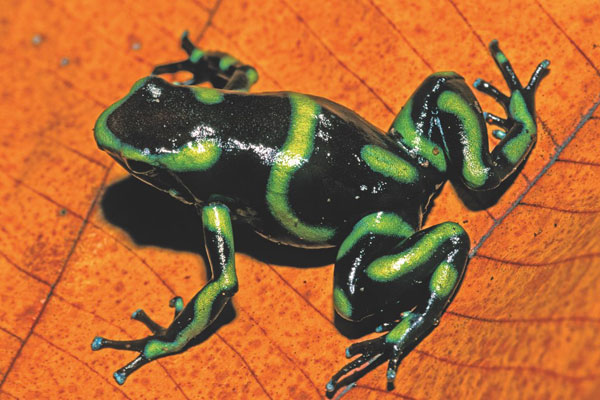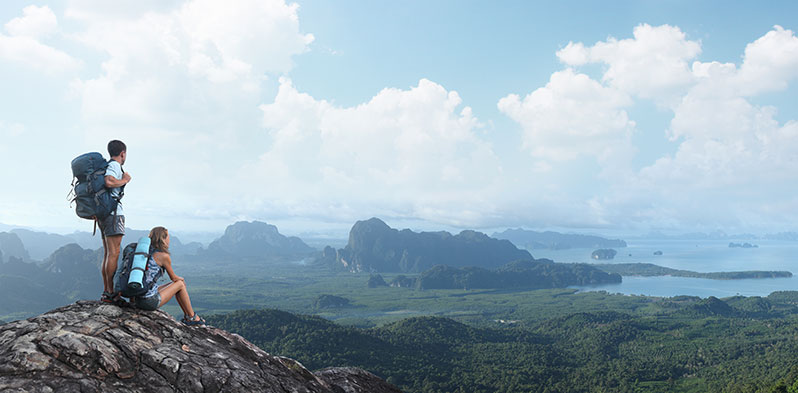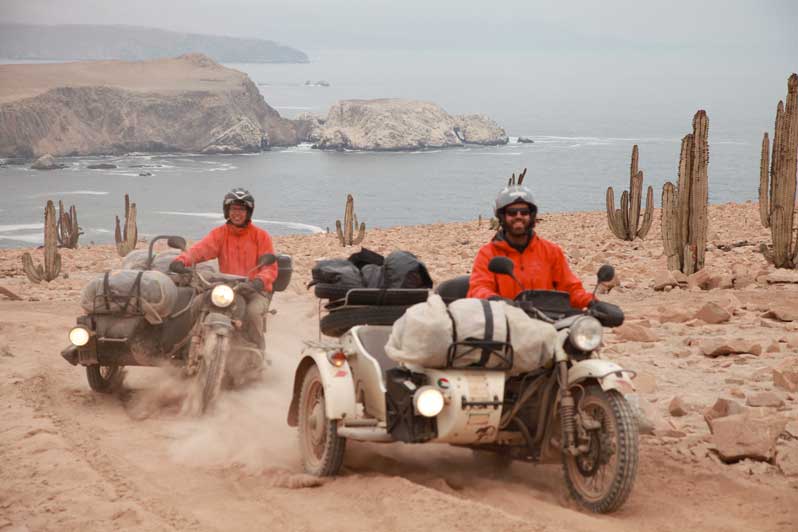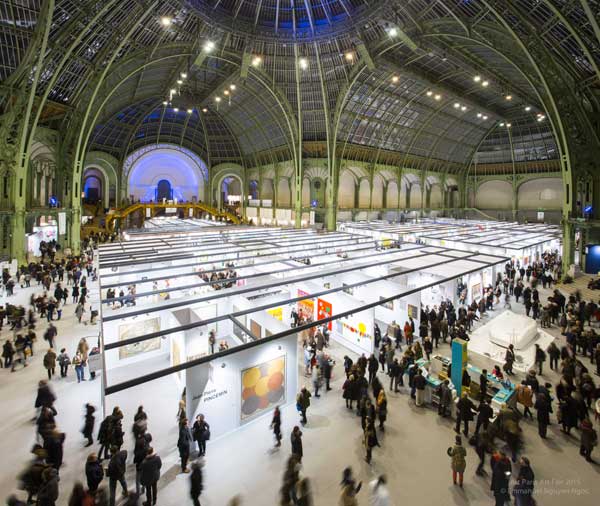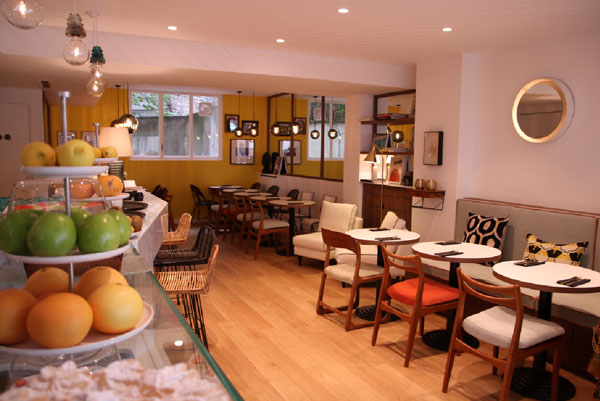10 most responsible destinations of 2015
Meeting point of ecology, economy and social, sustainable tourism's approval rating increases drastically. First encountered in the 1990s, this concept meets with a great success nowadays, as it allows the minimizing of negative impacts by tourists on the ecosystem. Discover the 10 most responsible destinations of 2015 according to the Green Hotels Paris.
Borneo: in the midst of reforestation
Although it contains a rich ecosystem, this island has suffered from the excessive human exploitation of its lands, which have thus lost some of their biodiversity. A reforestation project was implemented with no less than 25 construction sites, supported by the program of reduction of emissions caused by the deforestation and ground deterioration in order to preserve the nature reserves of the country and create new carbon wells.
Costa Rica: nature reserves
With around fifty nature reserves, this Central America country holds an incredibly diversified ecosystem. Genuine haven of a nature kept intact, these reserves cover 25% of the surface of the preserved area. The development of ecotourism in the Costa Rica has had a beneficial impact on the protection of these natural zones, where the visitor observes an exceptional fauna (toucans, monkeys, butterflies, iguanas...) and flora.
The Atlas Mountains: local housing
Choosing to lodge in a natural housing is the opportunity to enjoy the privileged landscapes of these North African mountains. From the boarding farm to the country cottage and ecolodge, living with inhabitants offers a complete immersion and falls within the aim of eco-friendly ecotourism so dear to this country.
Réunion: intact biodiversity
Deeply involved in the protection of its ecosystem, the Reunion Island shelters a luxuriant biodiversity perfect for ecotourism. By limiting the human impact on the environment and looking to raise awareness among visitors concerning the importance of the preservation of the latter, Réunion guarantees the conservation of its exceptional heritage.
Mongolia: committed tourism
Mongolia stands out for its numerous volunteering missions aiming to help local populations. By sharing the life of a nomadic family, the visitor will have the opportunity to involve himself with the children in schools or orphanages, as well as taking care of herds or looking for wood in the steppes. A complete immersion and a committed way to discover a different culture.
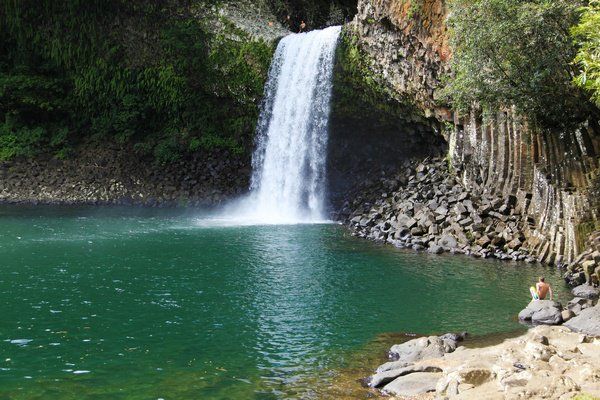
Waterfall and columnar jointed volcanic rocks of the Bassin La Paix
Credit E. Virin / IRT © Facebook Ile de La Réunion Tourisme
Bonito: tropical Eden
Ideally situated between Pantanal and the Iguazu Falls, two major sites of Brazilian ecotourism, the area of bonito offers the unique possibility to encounter animals in the wild. Its wild and unexplored nature (the region is unknown to the public) make it the especially suitable to responsible tourism. Many excursions are available to visitors to discover this unspoiled region.
Tanzania: eco-responsible immersion
The eco-responsible nature of this African country with countless nature reserves is especially enjoyable when integrating a Massai village. It is then possible to take part to the everyday life of this fascinating tribe, all the while becoming permeated with the local nature. An eco-friendly immersion to discover the overflowing fauna and preserve the ecosystem.
Madagascar: protection of the fauna
With its unique biodiversity, the island of Madagascar nonetheless suffers from extensive deterioration (deforestation, pollution and climate). The Association Nationale pour la Gestion des Aires Protégées (ANGAP) thus became involved in the protection of local species and uses tourism as a mean of preservation and validation of nature.
Benin: authenticity
To be immersed in this authentic West African country is the opportunity to discover its biodiversity in a responsible manner and limit the impact on the environment. Between mangroves and national parks, encounter with inhabitants and local produce tastings, this African country shelters many treasures.
Mercantour: realm of biodiversity
Lead by a network of hosts, farmers and mountain guides, all ecotourism and nature enthusiasts, the French Mercantour National Park holds an unspoiled exceptional heritage. With a luxuriant flora (over 2,000 species of plants) and a diversified fauna, the visitor makes one with nature for a unique eco-responsible experience.
- September 02, 2015
- No Comments
- 0




